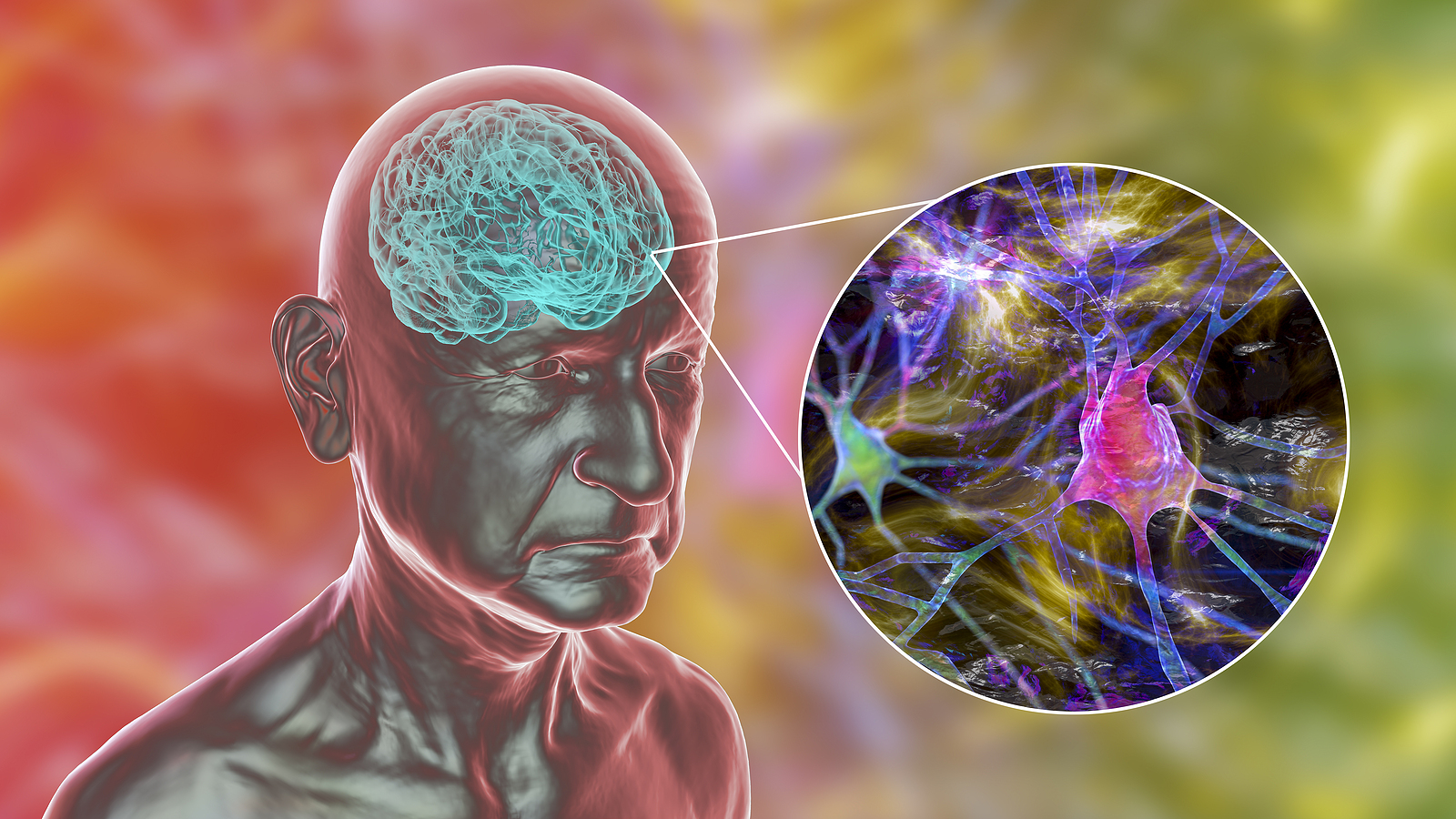The recent announcement by the family of Bruce Willis that the actor is suffering from frontotemporal dementia has helped to raise awareness of the condition. Dementia is an umbrella term for a degenerative brain disease that causes disruption to thought processes and changes in behaviour and personality.
There are several different types of dementia, with Alzheimer’s disease being the most common form in the UK, and accounts for around 60% of diagnosis according to Dementia UK. Frontotemporal dementia (or FTD) is rarer, accounting for about one in 20 diagnoses, although it is the most common type of dementia for people under 60.
The Dementia UK information page explains that FTD is an umbrella term for a group of dementias that affect the frontal and temporal lobes of the brain.
What Are The Signs That A Person May Have FTD?
Most people associate dementia with forgetfulness, but memory changes are one of the less significant aspects of FTD. The main symptoms will depend on the particular type of FTD, and can vary from person to person.
The most obvious early signs of FTD may be unexplained changes in behaviour and an apparent lack of sensitivity to other people’s feelings. This may manifest as inappropriate comments, jokes, or unwanted behaviours with no awareness of the offence they may be causing.
Other signs to look out for include communication problems, such as struggling to find the right words or comprehend the meaning of words. The person may also have problems following logical thought processes and be unable to plan ahead or make decisions.
As the condition progresses, the person may have difficulty moving due to stiff or weak muscles, and may also have trouble with bladder and bowel control. In this case, they will need extra help with the tasks of everyday life, such as washing, dressing and cooking.
How to help someone with FTD
A diagnosis of any form of dementia is devastating for the patient, but often equally so for their family and friends. It is a challenging condition to manage, and it can be very unsettling to see a loved one developing unfamiliar personality and behavioural traits.
For example, a person who was once very calm and self possessed may become prone to outbursts of anger and frustration. A once loving parent may seem ungrateful and uncooperative. However, it is important to remember that this behaviour is beyond their control and it should not be taken personally.
There is no effective treatment or cure for FTD, and yet a younger patient may live for several years or even decades. Therefore it’s important to develop effective caring strategies.
The person’s GP should be able to provide advice and support in the first instance, and there are several national dementia charities and local support groups that can be a helpful source of information.
If you are interested in finding out more information about bathtub lifts for the disabled call us on 01491 411041 or visit our website.
25 February,2023









